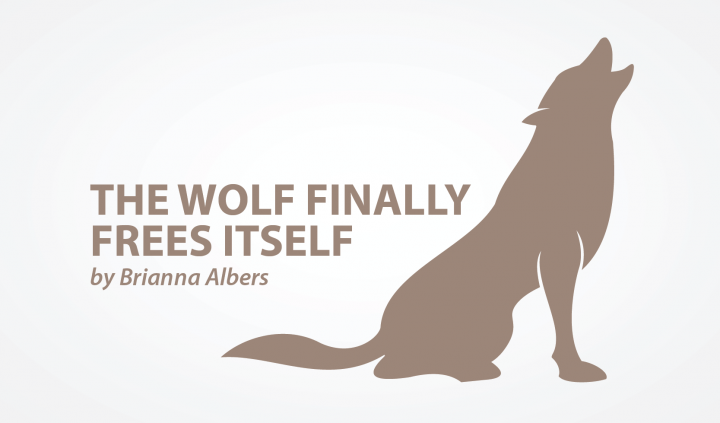Unraveling the False Threads of My Unlovability
Written by |

Let me set the scene.
I’ve finished my morning routine of meditating and emptying my inbox. I scroll through Twitter for a few minutes, knowing I should get started on my column for this week, knowing I’ll feel better about myself if I kick myself in gear and get something done. But I don’t. Instead, I hop on over to Instagram, telling myself all the while that I’m not wasting time on social media so much as I’m networking. It’s all about how you phrase it.
Five more minutes, I tell myself, and then it’s time to get to work.
Then author Chani Nicholas comes along with a reflection prompt that stops me in my tracks: “What do you generally assume other people feel about you? Where does this belief come from? Does it foster more connection or separation in your life?”
I could wring a dozen columns from that prompt alone. Other people’s assumptions are inextricable from my social anxiety. I know how people see me — the girl in the wheelchair with the double chin and misshapen head. And that knowledge has shaped my entire life, from preschool to undergrad and beyond.
It started with clothes. I didn’t have many friends in primary school, but I took great pride in my sense of fashion. I couldn’t change the double chin or crooked teeth, but I could control what I wore. I could control how I presented myself, even if that presentation was marred by a broad nose and sweaty hands. Clothes didn’t make friends, but they earned compliments that made me feel seen, if only for a while.
Then I turned 13, and took to social media. It was a dream come true — a virtual representation that I could tweak and fiddle with until the wheelchair faded from view. I wasn’t cool in real life, not really, but I was cool online. It wasn’t much, but it was something.
Then I made friends, and I was so afraid of losing the few people I had that I did whatever I could to please them. Never disagree. Never ask for help. Never admit to feeling hurt. I thought so little of myself that I assumed my friendships were based on pity.
People didn’t really like me. They just felt bad for the girl in the wheelchair.
Then I discovered the mental health profession, and everything changed. But I still struggle with the impulse to shrink. To shape myself into whatever form is necessary to meet people’s needs. Don’t make a fuss. Smile! This is as good as it gets, so put on a brave face.
I am constantly fighting the urge to perform. Unlearning the stories I’ve made up, as Chani says, about being unlovable. It’s like quilting in reverse — you can pick at a thread till it comes loose, but you still need to disentangle it from the rest of your life. Threads of trauma and boundaries, family rules and empathy, are interwoven. Understanding how the patchwork fits together is the work of a lifetime.
Even now, I’m living this story of separation and performance. Writing a book is hard. Believing in it — in myself — is even harder. I am so convinced of my own unworthiness that my dream of publication seems absurd. No one likes me! No one will pay attention to the girl in the wheelchair! Promoting my book (#WaxingCrescent) feels a little bit like shouting into the void, except the void is a window to the successes of other people, likable people, people who aren’t in wheelchairs.
I am so convinced of my own unlovability that I shut down. I procrastinate by refreshing Twitter. I self-sabotage because failure is preferable to rejection. I am, after all, used to making myself small.
It’s a lifelong process, this unlearning. Picking at threads until they fray; looking critically at a quilt and knowing which patches are worth salvaging. But it also is a creative process, picking at threads until the quilt falls apart so you can make something new.
That’s the fun part, you know. Making something new.
Follow me on Instagram @briehalbers or subscribe to my newsletter for more mental health content.
***
Note: SMA News Today is strictly a news and information website about the disease. It does not provide medical advice, diagnosis, or treatment. This content is not intended to be a substitute for professional medical advice, diagnosis, or treatment. Always seek the advice of your physician or other qualified health provider with any questions you may have regarding a medical condition. Never disregard professional medical advice or delay in seeking it because of something you have read on this website. The opinions expressed in this column are not those of SMA News Today, or its parent company, Bionews Services, and are intended to spark discussion about issues pertaining to spinal muscular atrophy.




Leave a comment
Fill in the required fields to post. Your email address will not be published.